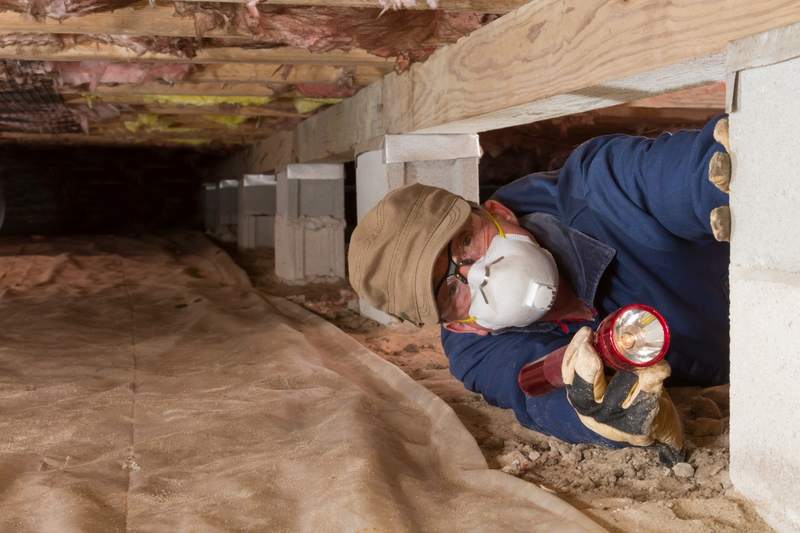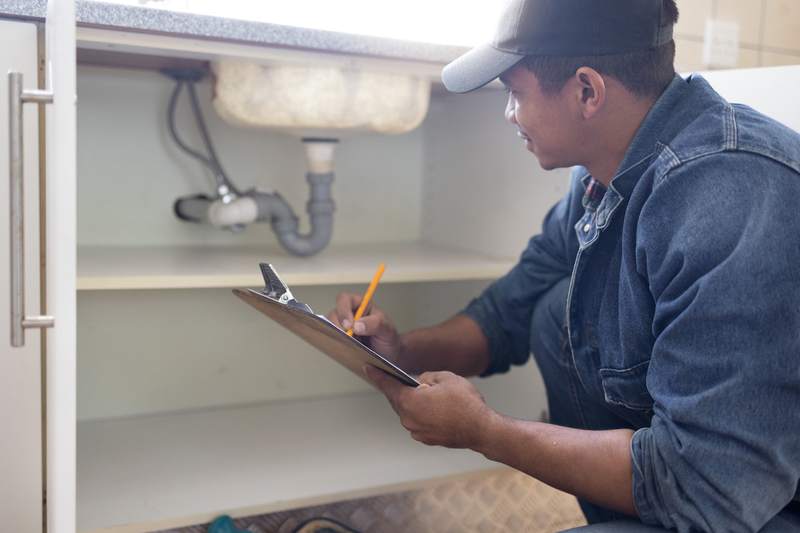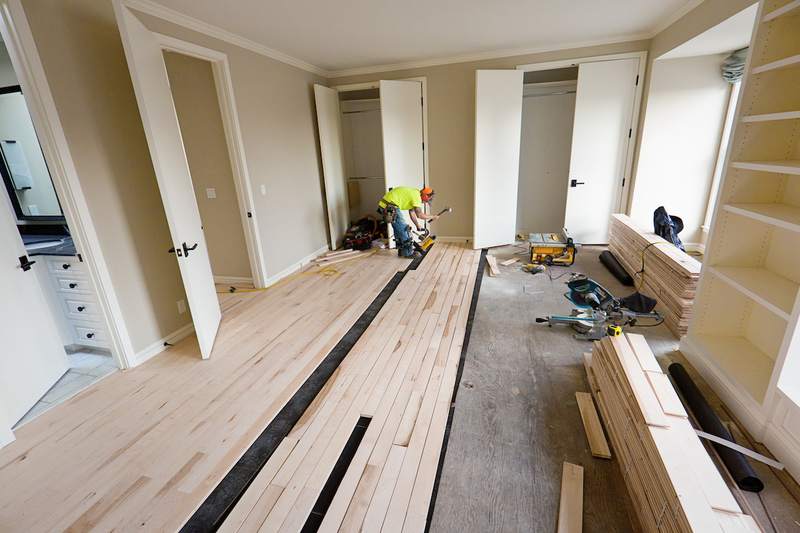
Your real estate agent is a key teammate during the homebuying process. A good real estate agent can guide you through the process and help you secure a good deal on a new home. The trick is finding the right real estate agent for you.
It’s advisable to interview several licensed candidates before you choose one. It’s also important to vet them so you know how much experience they bring to the table. Be sure to ask open-ended questions so you can let the agent flesh out their answer.
Here are 25 questions to ask a real estate agent to help you find the right one for you.
12 General Questions To Ask Real Estate Agents
Here are some general questions to ask each agent candidate during the interview.
1. How much experience do you have as a real estate agent?
An experienced real estate agent is knowledgeable about the market and likely a skilled negotiator. A seasoned agent also can spot red flags and secure a fair deal, and likely has an extensive real estate network. According to the National Association of Realtors, the average Realtor has a median of eight years of experience in real estate.
2. How many clients do you have?
In an agent, it’s important to find the right balance between having enough clients to show they’re in demand and having so many clients that they don’t have the time to tend to your needs. You’ll want an agent who understands the local market and has recent experience representing clients with similar needs.
3. What is your availability?
Some real estate agents work part time, which means they may not be available for a last-minute bidding war. According to NAR, most real estate agents worked 35 hours a week in 2021, so a full-time real estate agent who can fully commit to your real estate needs may be a safer bet.
4. Do you work with a team?
Many real estate agents work on teams to support and step in for each other if a team member has simultaneous deals closing and gets tied up. Teams also can share resources and offer a broader range of services — including access to more listings.
5. How will you be paid?
The seller typically pays the real estate commission for both the seller’s agent and the buyer’s agent when you close on the home. An agent’s commission is measured as a percentage of the home purchase price — typically 5% to 6% — and the buyer’s agent and seller’s agent split that amount.
6. Do you have any real estate certifications?
Some real estate agents complete additional education and training programs designed to increase their expertise and skills. For example, NAR offers a program for the accredited buyer’s representative designation to help agents become experts in representing buyers.
7. What does your real estate network look like?
A real estate agent with an extensive network may have access to more listings and resources. For example, NAR members have access to market data, transaction management services, and continued education programs.
“A knowledgeable local agent will oftentimes know the listing agents, having done business in the past,” says Gina Purdy, a broker associate at Baird & Warner in the greater Chicago area.
8. Can I see a list of referrals, and may I contact them?
Referrals give you an opportunity to see how clients liked working with a real estate agent in the past. If an agent is hesitant to share referrals or can’t provide any, that could be a red flag.
9. What property types do you specialize in?
Some real estate agents specialize in specific property types, such as single-family homes, condominiums, or townhouses. Agents who specialize in the type of home you’re looking for may have access to more listings and be knowledgeable of the pros and cons.
10. What kind of neighborhoods do you specialize in?
It’s important to have a real estate agent who is familiar with the local market and comparable homes in the area. A specialized agent also is likely to find the newest listings in your desired neighborhood.
“If the buyer is unfamiliar with the area, it’s important to work with someone who is,” Purdy says. “An agent with intimate knowledge of the local market knows how homes should be priced and can inform buyers about amenities like schools, parks, restaurants, health care, and transit.”
11. What are your strengths as a real estate agent?
This question allows candidates to discuss what sets them apart from other real estate agents and what makes them good at their job. Some agents are great communicators, while others may be shrewd negotiators.
12. How much experience do you have working with buyers?
Some real estate agents specialize in representing buyers, while others exclusively represent sellers. Many agents represent both buyers and sellers, but it might be useful to find an agent who has more experience as a buyer’s agent as opposed to a listing agent. NAR suggests finding an agent with a buyer-to-seller client ratio of at least 7-to-3.
13 Questions To Ask a Real Estate Agent When You’re a First-Time Homebuyer
If you’re a first-time homebuyer, then you’ll probably need to lean on your real estate agent a bit more than a buyer who has purchased a home before. Here are some questions first-time homebuyers should ask agents.
1. How much experience do you have working with first-time buyers?
As a first-time homebuyer, you’ll want a real estate agent who doesn’t assume you know all the industry jargon or how each step of the process works. You’ll want an agent who can patiently explain what all the terms mean.
“First-time homebuyers should ask their real estate agent to explain the homebuying process and what to expect in addition to discussing the current state of the housing market in their area,” says Adie Kriegstein, a real estate agent and founder of the NYC Experience Team at Compass in New York. “Additionally, it’s important to go over financing options, the preapproval process, the basics of home inspections, closing costs and other fees, and overall the timeline start to finish.”
2. How long will it take to for me to find a home?
The time it takes to find the right home will depend on your wants, needs, budget, and market conditions. If it’s a buyer’s market — where supply exceeds demand and buyers have an advantage — you may find a home sooner because there’s a lot of available inventory and sellers may be lowering their listing price. Your real estate agent can explain what type of market you’ll be entering and set expectations for what you can afford with your budget.
3. How long will it take for me to purchase a home?
It can take anywhere from six months to a year to find and buy a home. Once you’ve made an offer on the home and it’s been accepted, it can take about a month to complete the mortgage application and underwriting process, and close on the home. Your real estate agent should be able to provide a more specific estimate on the timeline based on the specifics of your search.
4. How many properties have you helped buyers successfully close on?
It’s one thing to have represented a lot of buyers, and another to have successfully helped a lot of buyers close deals. According to NAR, Realtors closed a median of 12 residential transaction sides in 2021. Transaction sides refer to agents closing a deal for both buyers and sellers.
5. How long can I expect to work with you?
Once you’ve hired your real estate agent, they’ll be a part of your homebuying team until the keys are in your hands and the house is in your name. Potential agent candidates should have a gauge for how long you’ll be working together based on your schedule and goals.
6. How will you help me find the right home?
Ask real estate agent candidates to discuss their general plan of attack for finding you the right home. Find out how they’ll communicate with you and how many listings you can expect them to send you. According to NAR research, homebuyers typically prefer communicating by text and email, while agents prefer to talk on the phone.
7. How will you prepare me as a first-time homebuyer?
It’s important that your real estate agent helps you gear up for the process and tells you which documents you’ll need to prepare. Agents also can help you put together an offer and advocate on your behalf during negotiations.
8. What are some challenges first-time buyers face, and how will you help me overcome them?
Some first-time homebuyers may have unreasonable expectations about how much house they can get with their budget due to their lack of experience. You also may not know how much you should put toward a down payment, or how much closing costs will be. Many first-time homebuyers are surprised to learn that closing costs can add up to 2% to 5% of the home purchase price. Your agent should be able to tell you what the upfront costs are going to look like.
9. What are some ways you’ll make my offer stand out?
A skilled real estate agent will help your offer stand out amid competition from other buyers. For example, if you know the seller is getting other offers, you may decide to offer a larger down payment or more earnest money to show the seller you’re serious. Another option is adding an escalation clause, which increases your purchase price up to a certain amount above competing offers.
10. How will you present my offer?
Once you’ve found the right home, your real estate agent will help you put together a formal offer letter. This will include your offer price, earnest money amount, and any contingencies you’d like to include — which are conditions that must be met for the deal to go through.
11. How many properties will you show me?
Follow up this question by asking how many properties you can expect to tour. According to NAR, the average homebuyer looks at 10 houses over 10 weeks before they make an offer.
12. Do you represent the seller?
It would be a conflict of interest for a real estate agent to represent both the buyer and the seller since you want the agent to represent your best interests. Make sure your candidate isn’t representing the seller of any properties you’re touring.
13. What’s your strategy if I get into a bidding war?
A bidding war occurs when multiple buyers are competing over the same home. Each buyer will try to sweeten their offer to outdo the others, so it’s important to act quickly and strategically. Ask your agent how they would handle this situation to make sure the seller chooses your offer.
FAQ
Here the answers to some frequently asked questions about hiring a real estate agent.











